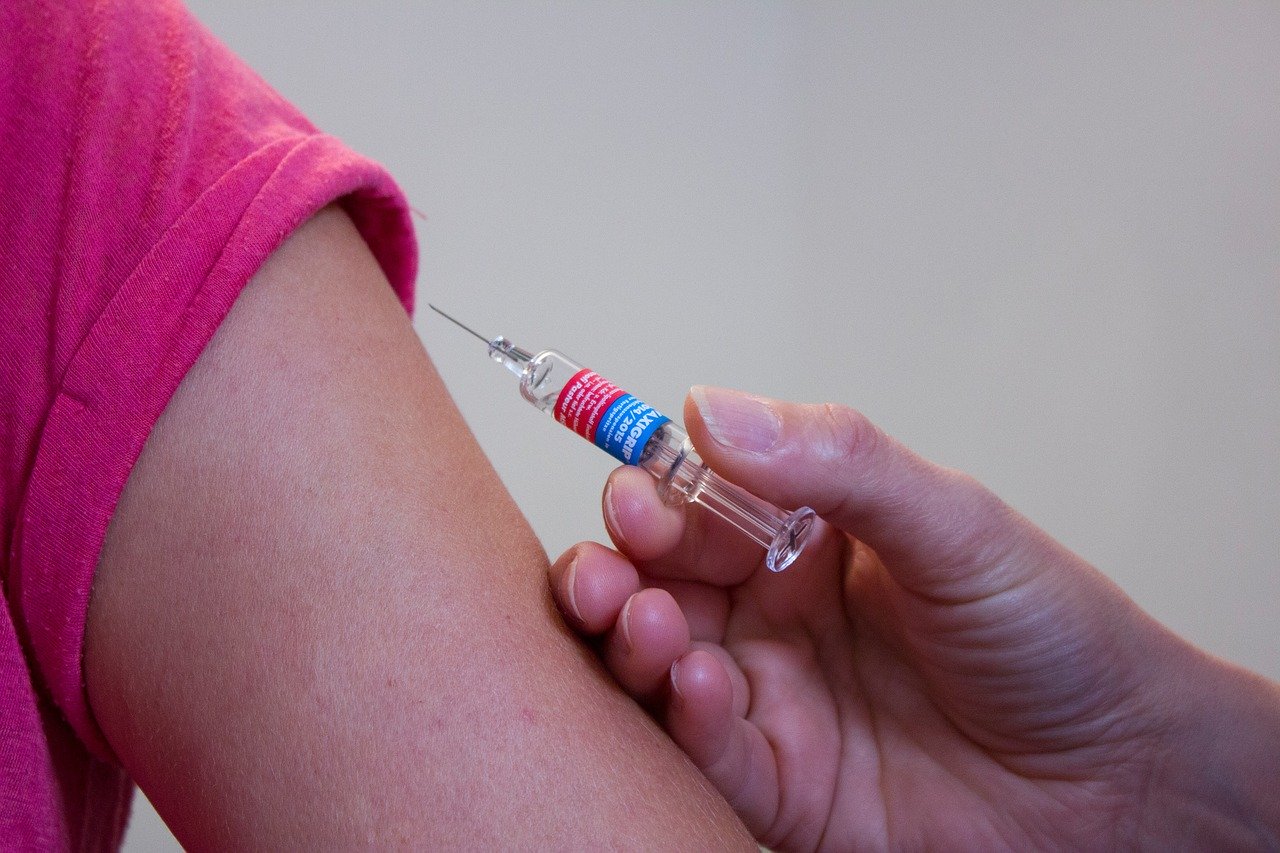In February 2020 researchers from the USA published the results of their study to assess the safety of the tetanus, diphtheria and whooping cough vaccine in pregnancy. The vaccine was approved for US adults in 2005 and recommended in every pregnancy in 2012, with optimal timing between 27 and 36 weeks’ gestation. However, in the military, the tetanus, diphtheria and whooping cough vaccination is compulsory for service, and active duty women may therefore be inadvertently exposed in early pregnancy. Information on pregnancies and live births was linked with military personnel immunization records and an association between vaccine exposure and adverse pregnancy or infant outcomes was assessed. Results showed that 1,272 women had received the vaccine in the first trimester whilst 9,438 women had received it between 27 and 36 weeks’ gestation. An analysis revealed that the tetanus, diphtheria and whooping cough vaccination was not associated with spontaneous abortion, pre-eclampsia or preterm labour. In addition, receiving the vaccination during the first trimester was not associated with birth defects, growth problems in utero, growth problems in infancy, preterm birth, or low birth weight whilst receiving it between 27 and 36 weeks’ gestation was not associated with any adverse infant outcome.
Hall C et al. Safety of tetanus, diphtheria, and acellular pertussis vaccination among pregnant active duty U.S. military women. Vaccine. 2020 Feb 18;38(8):1982-1988.

